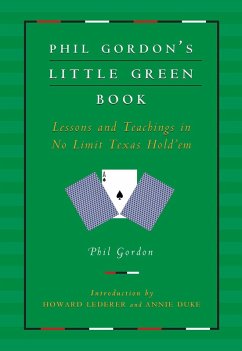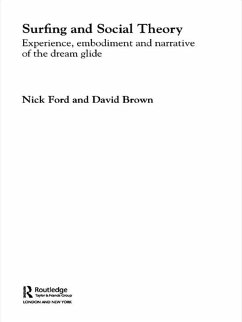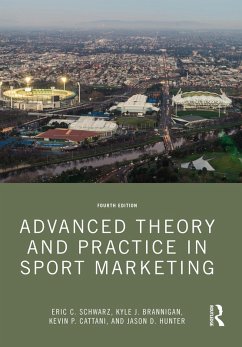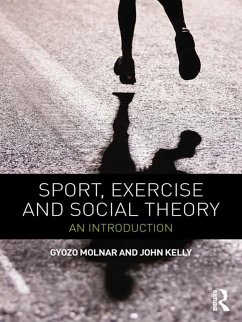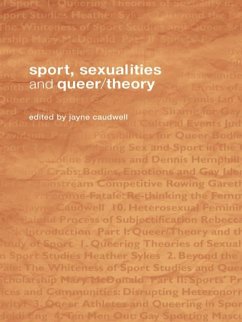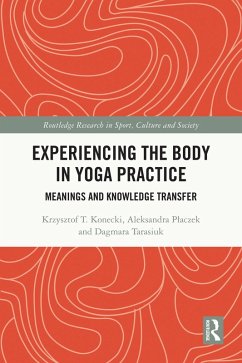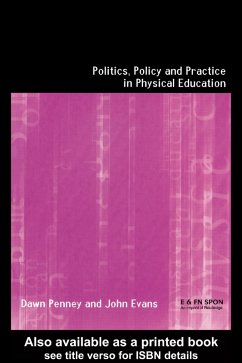
The Theory and Practice of Gamesmanship (eBook, ePUB)
or The Art of Winning Games Without Actually Cheating

PAYBACK Punkte
2 °P sammeln!
"What is gamesmanship? Most difficult of questions to answer briefly. 'The Art of Winning Games Without Actually Cheating' - that is my personal 'working definition'. What is its object? There have been five hundred books written on the subject of games. Five hundred books on play and the tactics of play. Not one on the art of winning." Stephen Potter has used his extensive experience as a master gamesman to compile this instructional text on the techniques, strategies and etiquette of gamesmanship. Here you will learn how to win games you have no idea how to play, and manoeuvre your opponents...
"What is gamesmanship? Most difficult of questions to answer briefly. 'The Art of Winning Games Without Actually Cheating' - that is my personal 'working definition'. What is its object? There have been five hundred books written on the subject of games. Five hundred books on play and the tactics of play. Not one on the art of winning." Stephen Potter has used his extensive experience as a master gamesman to compile this instructional text on the techniques, strategies and etiquette of gamesmanship. Here you will learn how to win games you have no idea how to play, and manoeuvre your opponents into losing when they really should be winning. This funny, charming book is brought to life with helpful diagrams, anecdotes and hilarious conversations. A must read for any sporting chap or chapette. It was first published in 1947.




